Wealthy Texas enclave steps up secession bid as feud with woke city leaders over crime crisis explodes
A wealthy Austin neighborhood has “raised its hand” at the state capital and voted en masse to leave the city amid a rising crime crisis.
Lost Creek, a wealthy enclave on Austin’s west side, saw an overwhelming 91 percent of residents vote to break away from the city during the May 4 election.
Many initially never wanted to be part of the city of Austin when it was annexed nine years ago in 2015.
But as the Texas capital faces a public safety crisis — with a shortage of nearly 500 police officers — tempers have reached boiling point and many residents think they would be better off alone.
“What a FU for the Mayor and City Council of Austin,” tweeted local retired judge and attorney Bill Aleshire on election night.
And Lost Creek isn’t alone: Two other neighborhoods are also voting to leave the city this month.
Lost Creek, a wealthy enclave on Austin’s west side, voted by a whopping 91 percent to break away from Austin in the May 4 election.
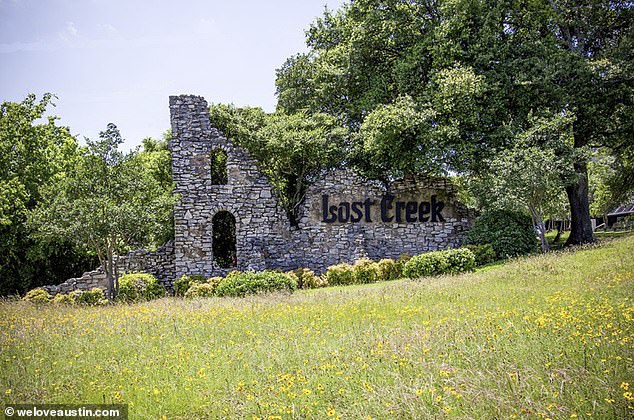
Lost Creek was annexed by the city of Austin in 2015, but now residents have too
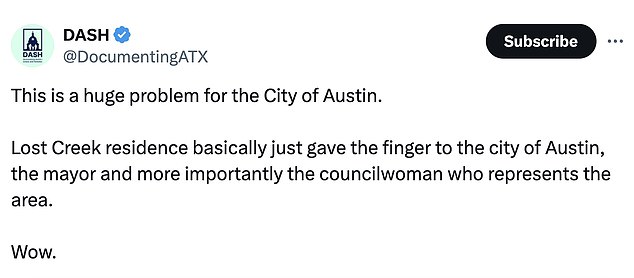
Reactions poured in on social media as Lost Creek residents voted 91% to leave Austin
Austin became the poster child for America’s Sunbelt during the pandemic, with real estate prices soaring. It is now the fifth most expensive metro area in the US.
But residents are increasingly concerned about rising crime.
Leslie Odom, who has lived in Lost Creek for 13 years, shared KVUE: ‘When I chose to buy my property and live in this area, it was because I wanted a safe place.’
But now she explained: ‘Burglaries are normal. Car break-ins are common. People show up in garages. Sometimes it feels like a powder keg waiting to explode.’
When Lost Creek became part of Austin in 2015, residents who owned multi-million dollar homes became taxpayers of the city of Austin.
But the public services that these taxes pay for are growing thinner and thinner – especially when it comes to the police.
The city is down 483 officers after the former mayor and council went to war with the police department in 2020, cutting the department’s budget by a third.
The county was later forced to return the money due to a state law that punished municipalities that did not fund police.
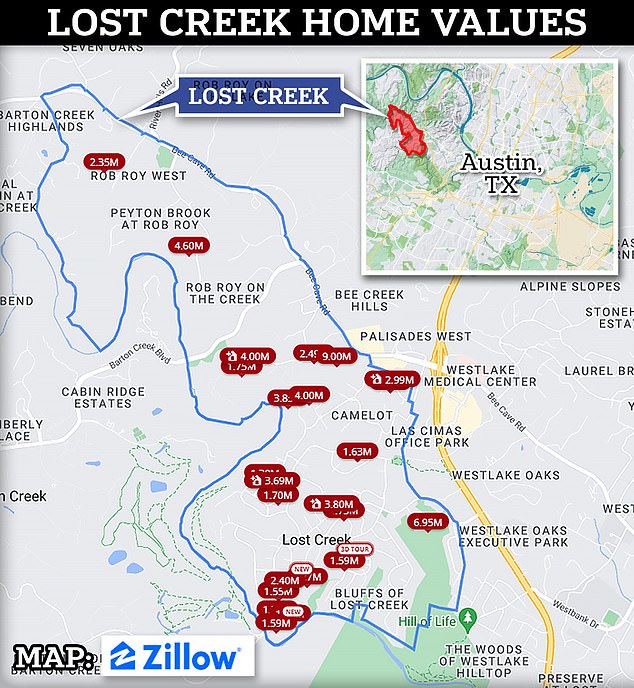
A map of homes for sale in Lost Creek shows the prices of homes in the area, according to Zillow
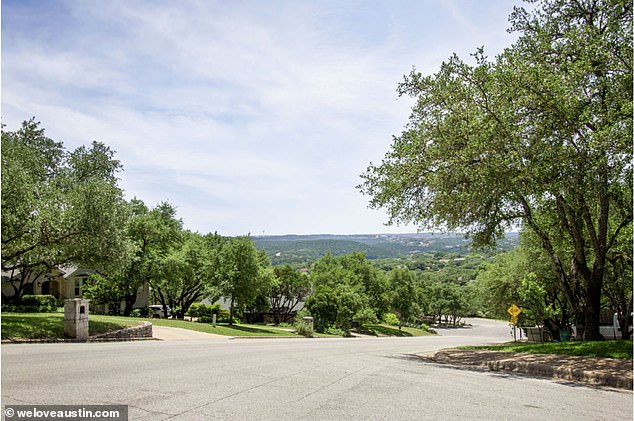
Known for its multi-million dollar homes and breathtaking views of the Texas Hill Country, residents in the area voted to break away from Austin during the May 4 election
Austin’s anti-police policies differ greatly from those of the rest of the state, which prides itself on being pro-law enforcement.
That policy has led to dozens of officers retiring early or fleeing to other police departments.
Police vacancies mean there simply aren’t enough officers to respond to 911 calls.
Any call not considered a life-or-death emergency will now be routed to the non-emergency number 311.
At one point, the current mayor asked Texas troopers to step in and help patrol the city for a few months last year while local police could graduate a class of cadets.
The partnership lasted a few months before the city ended it in 2023.
Homeowners have resorted to hiring off-duty officers to patrol their neighborhoods because Austin police are too understaffed to respond.
“If they did the work they promised, we wouldn’t be where we are today,” resident Ryan Brennan told KVUE.

Austin is currently facing a shortage of 483 officers, which has created a public safety crisis
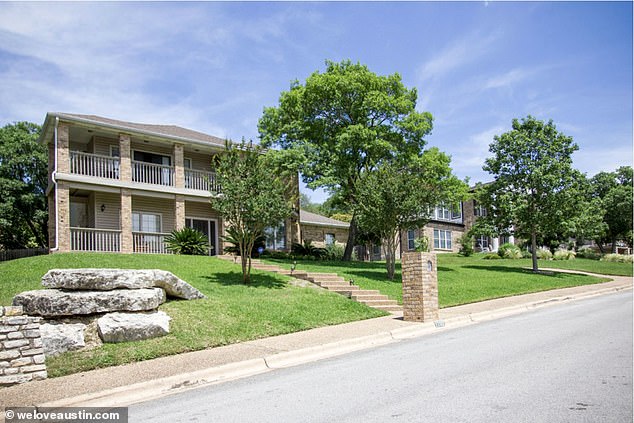
Lost Creek residents say they pay twice for police: city taxes for Austin officers who can’t respond and then hire off-duty officers to patrol their streets
“This is a huge problem for the city of Austin,” the local content creator tweeted Jaime Hammonds.
“Lost Creek Residences really just gave the finger to the city of Austin, the mayor and, more importantly, the councilor who represents the area. Wow.’
Austin’s “letting go” means that Lost Creek now receives police protection from the county sheriff, for which they already pay taxes.
“I’m really jealous that they’re getting better management and would rather do it on my own than have anything to do with the city,” local public safety activist Cleo Petricek told DailyMail.com.
Lost Creek residents could vote to leave Austin because of a state law HB 3053.
The law requires the state’s largest cities to let some neighborhoods vote on whether to leave city limits, but only if they were annexed between March 3, 2015 and December 1, 2017.
The vote will have to be certified by the county elections department and Lost Creek will be required to pay any money it owes the city of Austin before residents can officially move out.
Meanwhile, other areas in Austin could soon follow suit.
Petricek said, “Barton Creek, this is another area that is being ignored and mismanaged by the city. “The city government is not listening to the majority of Austinites who live here and are not receiving the services we expect.”
In this month’s elections, two other neighborhoods also voted to leave the city.
One is near Blue Goose Road in Northeast Austin and the second is near River Place in West Austin.
The town hall did not want to comment on this story.
